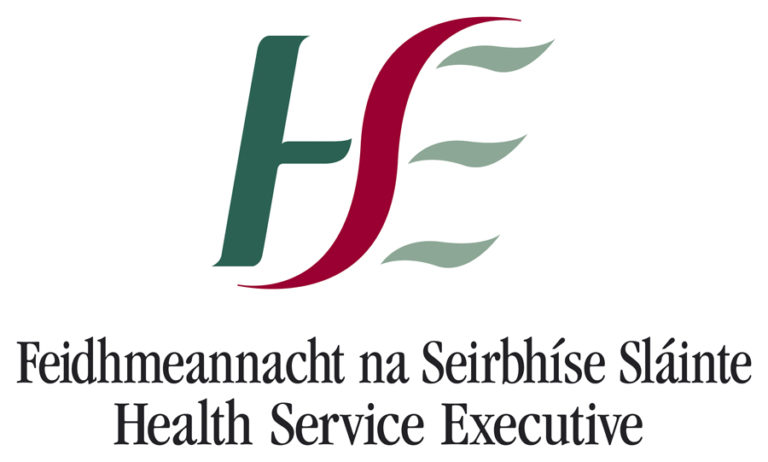The HSE Health Protection Surveillance Centre (HPSC) have asked the public to help prevent the spread of flu, as the latest figures show that the disease is now actively circulating in the community.
“People in high-risk groups need to get vaccinated against flu if they have not done so already” said HPSC director, Dr John Cuddihy. “The ILI (influenza like illness) rate for the week ending 8th December was 37.5 cases per 100,000 population which is above the baseline threshold of 18.1 cases per 100,000, used to assess influenza activity.”
Dr Mary O’Meara, Specialist in Public Health Medicine, HSE Dublin South, Kildare & West Wicklow is asking the public to be aware of the symptoms and for those most vulnerable to get the vaccine, stating, “The symptoms of influenza usually develop over a matter of a few hours and include a high temperature, sore muscles, dry cough, headache and sore throat. This is different from the common cold, which tends to come on more gradually and usually includes a runny nose and a normal temperature. “The flu vaccine is a safe and effective prevention measure against flu and it is provided free of charge for people in at risk groups, which includes everyone aged 65 years and over, pregnant women, anyone over six months of age with a long term illness requiring regular medical follow-up such as chronic lung disease, chronic heart disease, diabetes, cancer or those with lower immunity due to disease or treatment. The vaccine is also recommended for all healthcare workers to protect themselves and those they care for.”
Vaccination remains the most effective means of preventing infection by seasonal influenza viruses and can reduce severe disease that can lead to hospitalisation and death. The vaccine takes two weeks to take effect once received.
Anyone who gets flu should stay at home, rest, drink plenty of fluids and use over-the-counter remedies like paracetamol to ease symptoms. Anyone in one of the at-risk groups who develops flu symptoms or anyone who is not in an at-risk group, but whose flu symptoms are severe or getting worse, should contact their GP. GPs may wish to prescribe antiviral medication for patients in these categories. If you need to visit your GP or the Emergency Department, please phone first to explain that you might have flu.
Covering your cough and sneeze can also help stop the spread of flu.
* Use a tissue and place it immediately in the bin. Wash your hands (see video below) or use a hand sanitizer.
* If you don’t have a tissue, cough or sneeze into your upper sleeve.
* Don’t cough or sneeze into your hands. If you do, wash your hands immediately. This is to prevent spreading germs on the surfaces you touch.
The HSE has a dedicated self-care website www.undertheweather.ie which provides tips and advice in relation to common winter illnesses, including flu.


